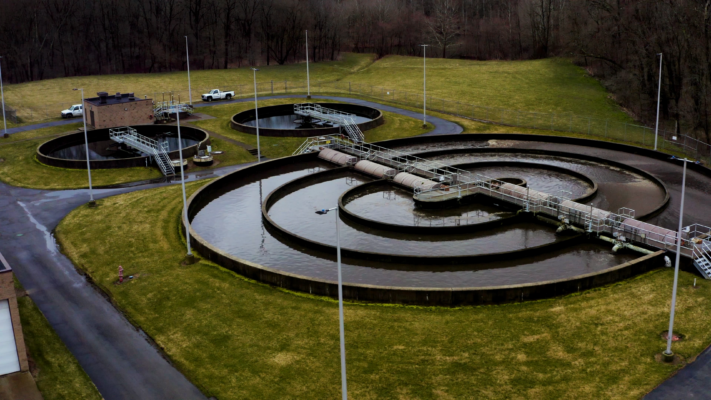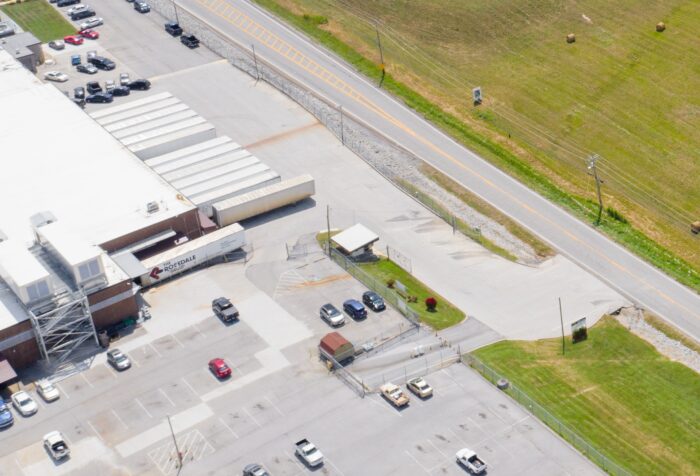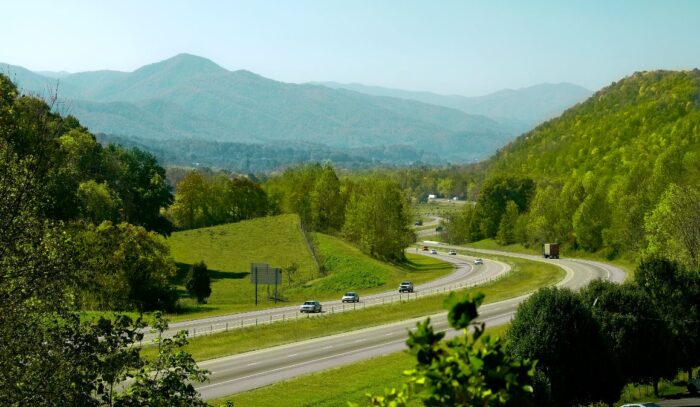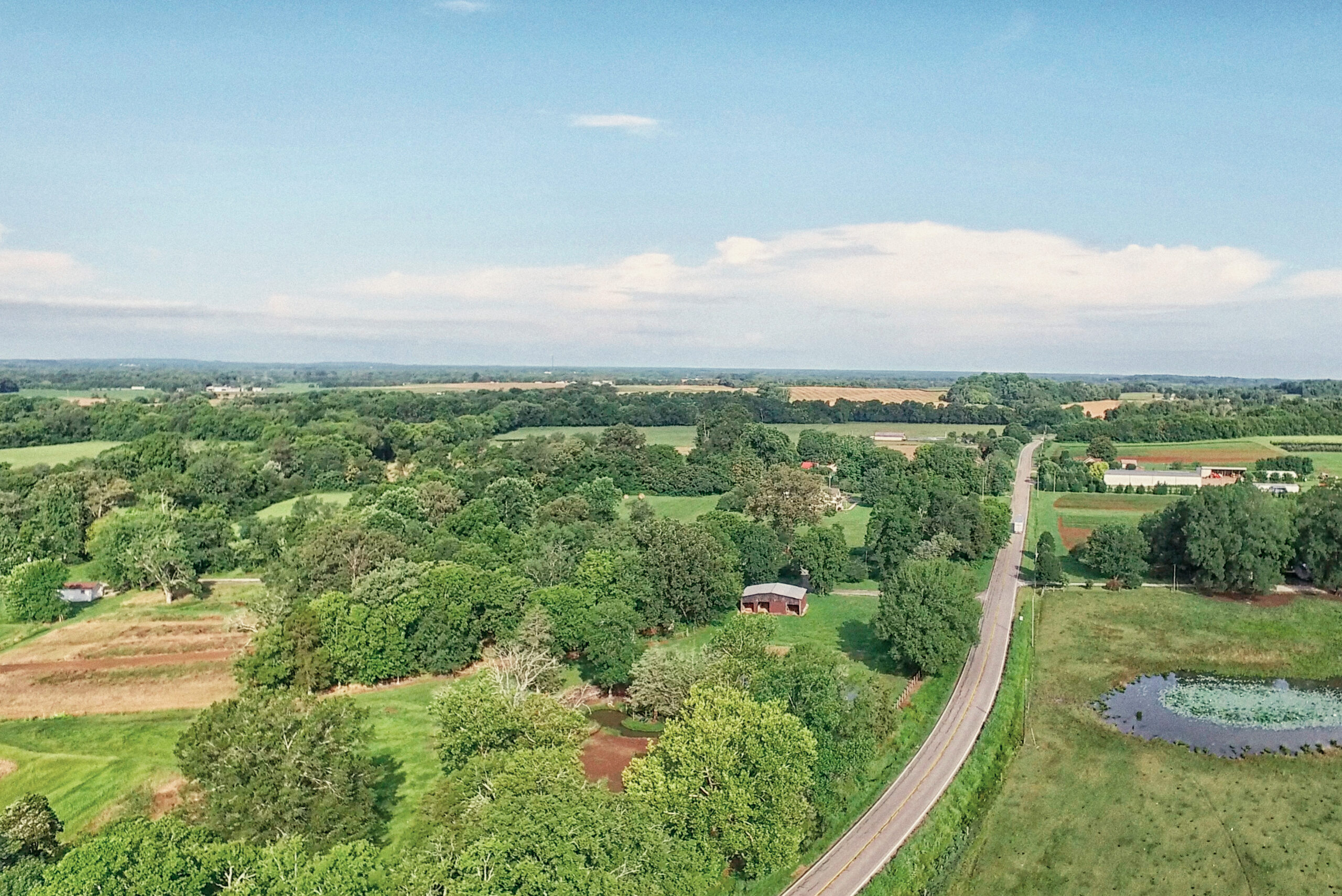Residents and businesses need access to reliable and affordable utilities and infrastructure to successfully live and work in Appalachia. Infrastructure, including safe, connected and strategic transportation systems, plays a critical role in Appalachia’s capacity to compete in the global economy.
ARC grants in infrastructure help communities leverage additional state and federal resources to fund projects that ultimately attract new businesses, create jobs, increase household income and strengthen the region’s economy.
Investment Impact

Ensuring Availability of Basic Infrastructure
Personal, community and economic prosperity depend on access to adequate, affordable utilities.
Appalachian communities often lack basic infrastructure or the sufficient, sustainable funding needed to make necessary updates. Infrastructure investments and accompanying economic development plans offer some of the largest returns on investment for economic and community prosperity.
Basic infrastructure includes water, sanitary sewer and municipal storm wastewater; energy (including electric, heat, oil and gas, and alternative energy sources); and, where necessary, stormwater and emergency management infrastructure to build resilience and protect against natural disasters.

Expanding Access to Broadband
The pandemic and resulting need for remote opportunities highlighted both the importance of broadband and cellular access and affordability, as well as the severe limitations of these services in portions of Appalachia.
Reliable and affordable broadband gives local businesses access to the digital marketplace, facilitates online learning and workforce development, and connects communities. ARC’s investments in broadband and data infrastructure help Appalachian communities — especially those in rural and/or distressed counties and areas— compete and participate in the global economy.
Investments in Action
Infrastructure Success Stories


Investing in Innovative Transportation Systems
Roads, highways and public and personal transit are critical for economic growth, quality of life and accessing employment opportunities and related employment supports.
Appalachia continues to struggle with equitable access to reliable, quality transportation systems that can efficiently and conveniently transport goods and people.

Supporting Site Development
Communities across Appalachia continue to need investments in development-ready sites for economic and community development projects. There is also a great need for strategies to redevelop and repurpose unused, underutilized or neglected sites, brownfields and mine-scarred lands to fuel growth.
Planning and funding enable communities to develop technology centers, commercial and industrial sites, health care and educational facilities, makerspaces and incubators, and other venues to promote placemaking and boost economic growth.

Downtown Revitalization
ARC is dedicated to improving the region’s communities by investing in downtown revitalization projects, such as pedestrian and bike infrastructure and streetscaping.
These projects, which often integrate traditional water/sewer and broadband infrastructure, aim to support small businesses and make Appalachia’s downtown districts vibrant places to live, work and play.


